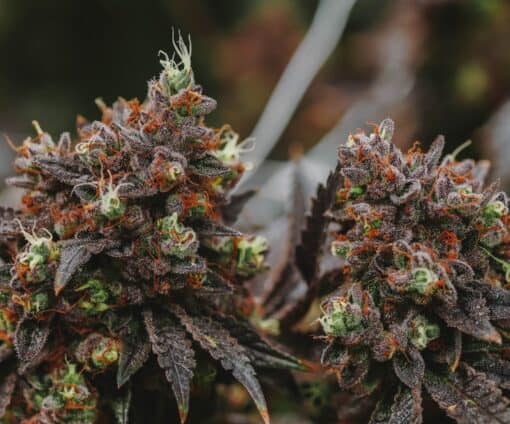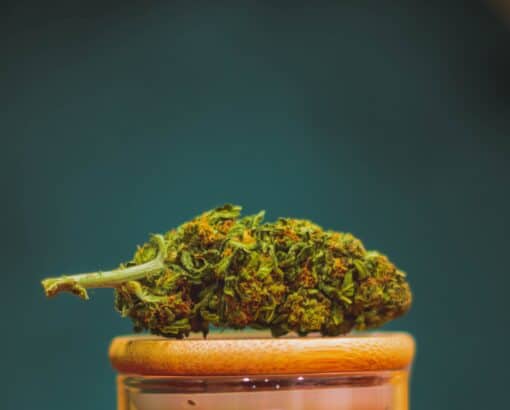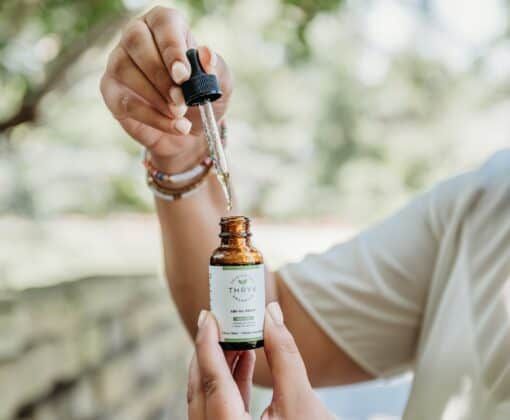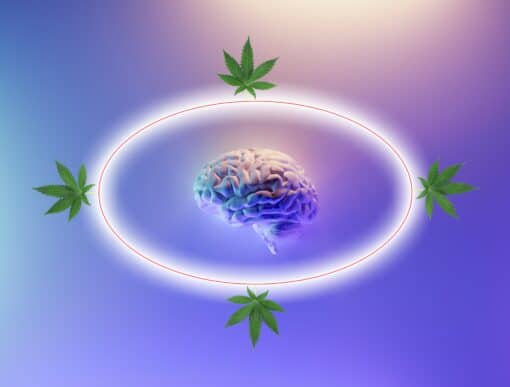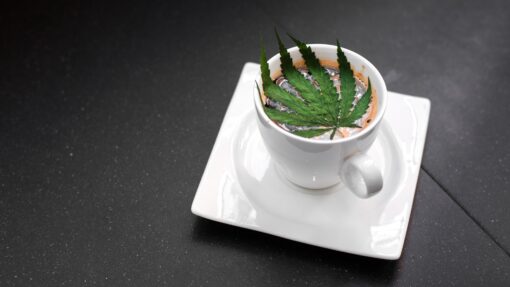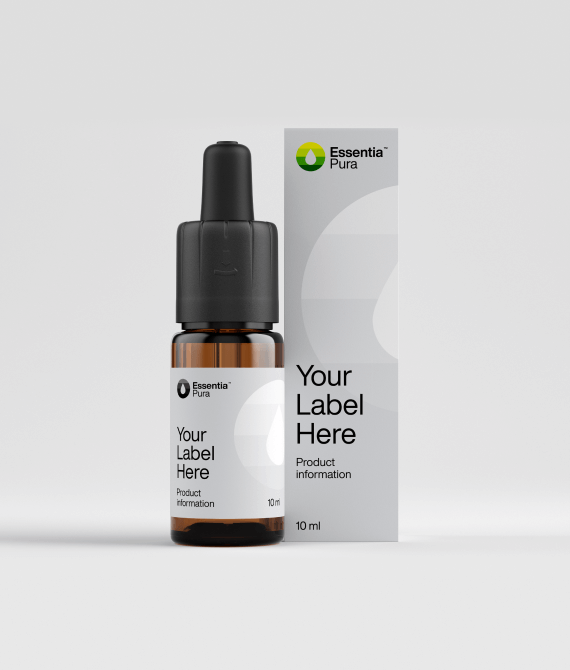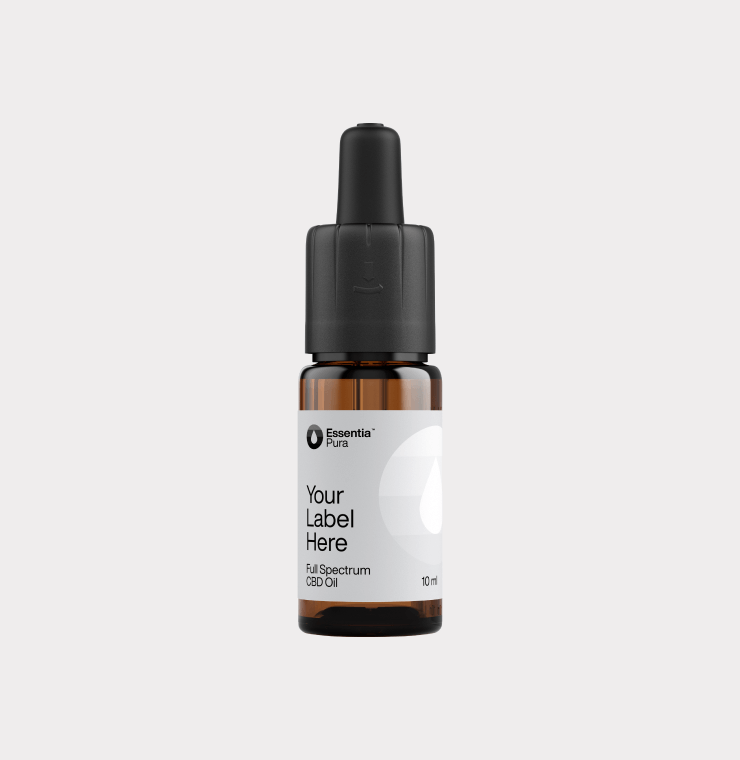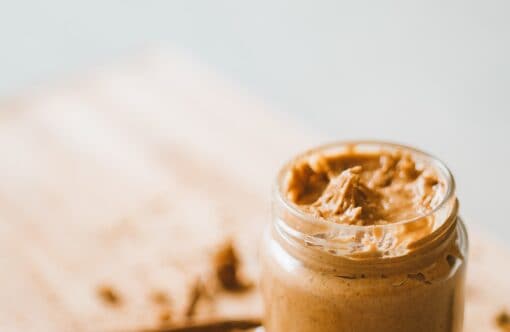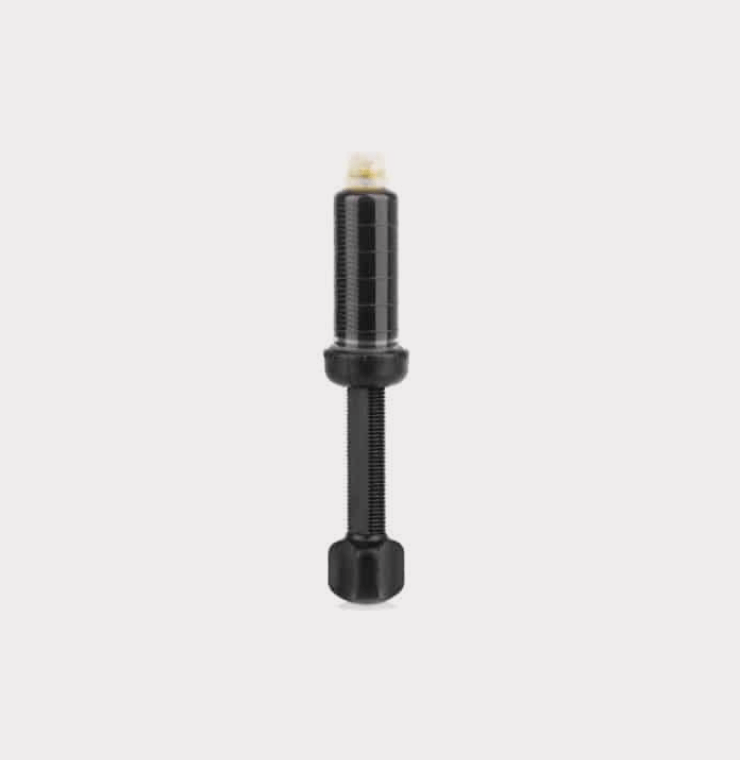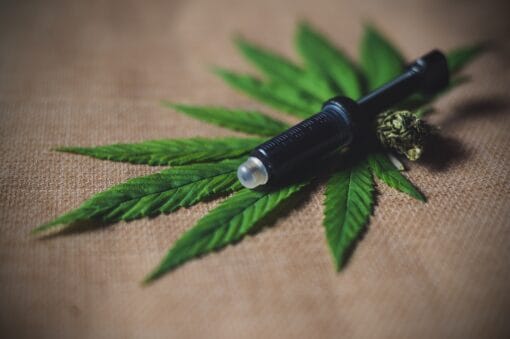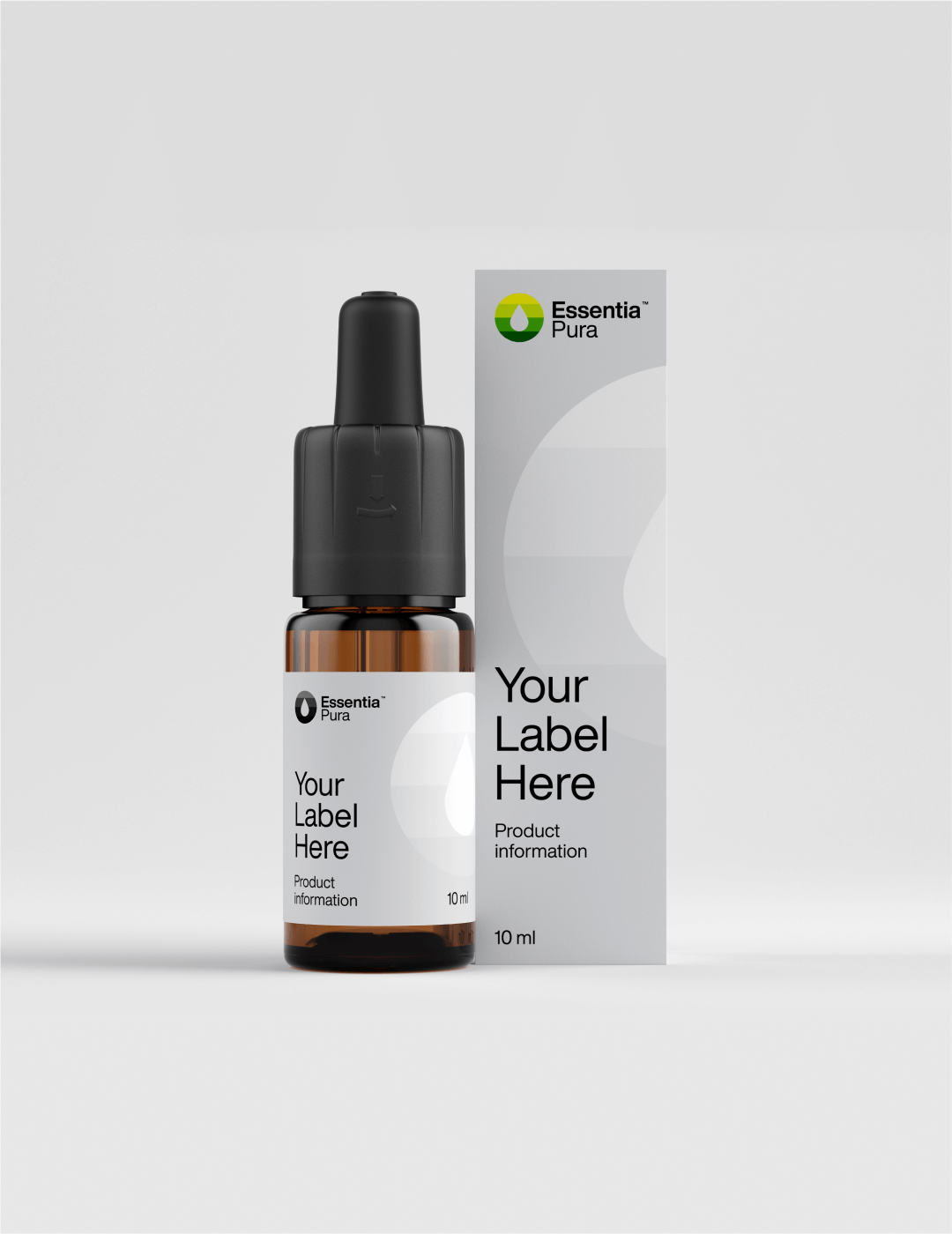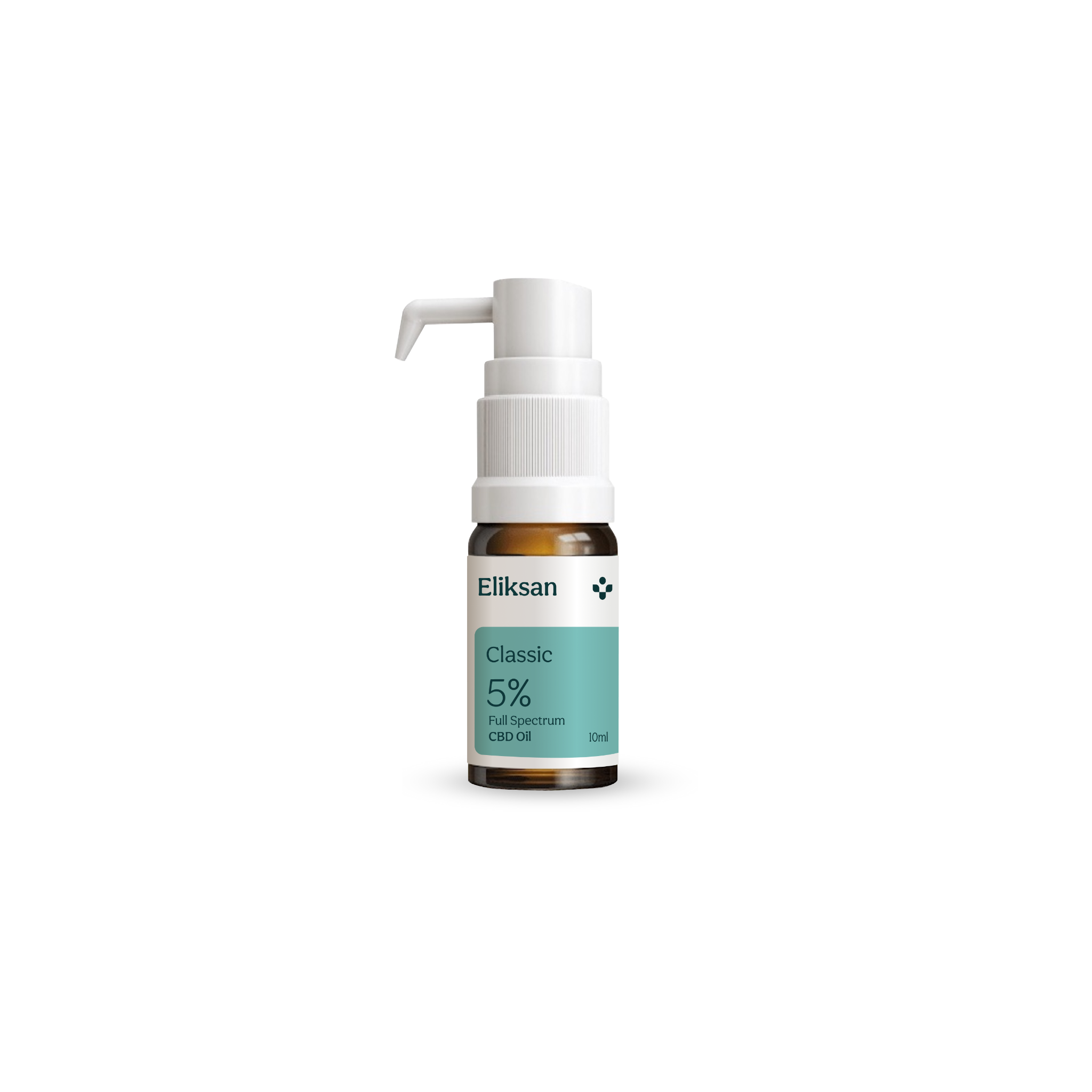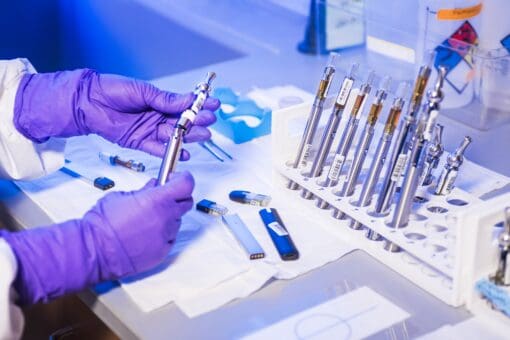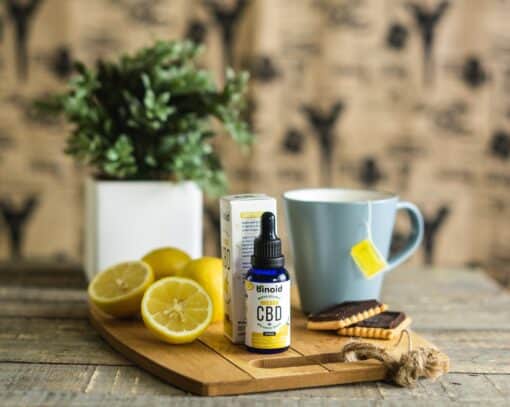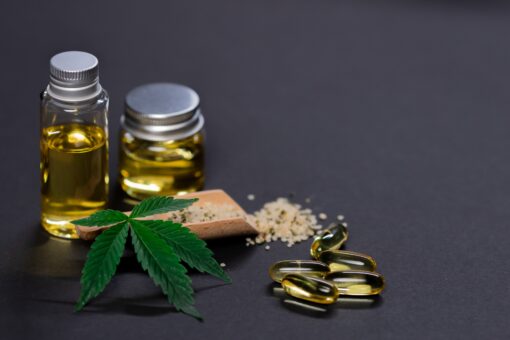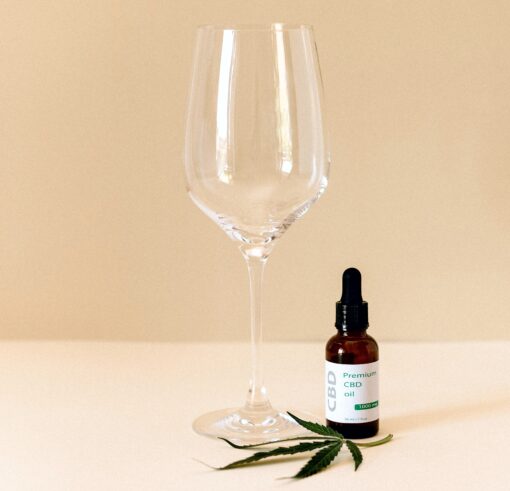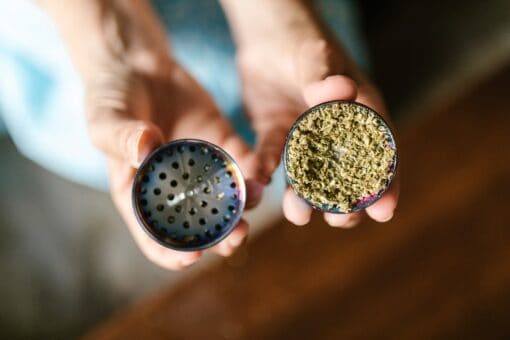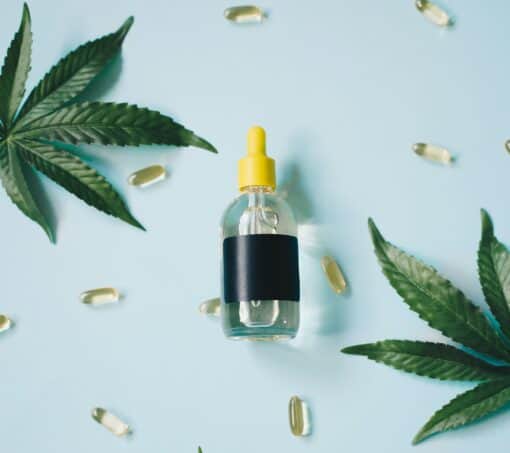The Growing Demand for CBD as a Sleep Aid: Understanding Insomnia, Sleep Issues, and Potential Benefits of CBD Oil
Sleep is a fundamental human need. Losing just one or two hours of sleep per night can have the same impact on motor and cognitive functions as going without sleep for a full day or two. Experts in sleep medicine have long emphasized that developing good sleeping habits can help maintain our physical, mental, and emotional well-being.

Sleep problems are common around the world. According to the World Economic Forum, 62% of adults worldwide feel they don’t sleep well, with 70% of Americans not getting the right amount of sleep and millions of people worldwide dealing with disorders that affect sleep and impact their health and daily life.
As the demand for effective sleep solutions grows, CBD emerges as a potential aid. But what is driving this demand, and how exactly can CBD help?
Understanding Sleep Disorders
Common sleep disorders include insomnia, restless legs syndrome, narcolepsy, and sleep apnea. These issues can lead to fatigue, mood disturbances, and severe health complications. Poor sleep has many causes, including lifestyle, stress, and medical conditions.
Environmental factors like screen time, caffeine intake, and irregular sleep schedules also play a significant role. Genetics, age, and hormonal changes can further influence sleep patterns.
Insomnia
Insomnia is defined by persistent difficulty falling and staying asleep or waking up too early, often resulting in fatigue during the day and poor concentration. Its causes can range from stress, anxiety, and depression to medical conditions, medications, and poor sleep habits.
Restless Legs Syndrome
Restless Legs Syndrome, or RLS, is a neurological disorder. It causes an uncomfortable urge to move the legs, especially during periods of inactivity or when lying down. It often interferes with sleep. The sensations, described as tingling, crawling, or throbbing, can be temporarily relieved by moving or stretching the legs.
Narcolepsy
Narcolepsy is a chronic neurological disorder where the brain struggles to regulate sleep-wake cycles leading to sudden bouts of sleep during the day, regardless of the environment. Common symptoms include excessive daytime sleepiness, cataplexy (a sudden loss of muscle tone), sleep paralysis, and vivid hallucinations during sleep onset or awakening.
Sleep Apnea
Sleep apnea is characterized by repeated interruptions in breathing during sleep, often resulting in loud snoring, restless sleep, and excessive daytime fatigue. These pauses in breathing, called apneas, can last from a few seconds to minutes and may occur 30 or more times an hour.
The Impact on Health and Well-being
A lack of quality sleep doesn’t just lead to grogginess. It’s linked to various health issues, from weakened immunity and weight gain to heart disease and diabetes. Sleep deprivation can impair cognitive functions, reducing concentration, memory problems and mood swings.
Chronic sleep deprivation has been linked to mental health issues like depression and anxiety. It can also exacerbate chronic conditions like hypertension and weaken the body’s ability to heal and repair.
The Rising Demand for Natural Sleep Solutions
Given the profound impact of a good night’s sleep, it’s no surprise that there’s a growing demand for practical solutions. People seek remedies, from lifestyle changes and therapy to medications and natural supplements. Among the most popular natural sleep aids are CBD, melatonin, and valerian root.

CBD (Cannabidiol)
Derived from the hemp plant, CBD has garnered significant attention in recent years for its potential therapeutic benefits. Unlike THC, another compound found in cannabis, CBD doesn’t produce a “high.” Instead, it’s believed to have calming and anti-anxiety effects. For sleep, CBD might help by addressing some of the root issues that cause sleeplessness.
Melatonin
Melatonin is the body’s natural sleep hormone, responsible for signaling our bodies that it’s time to wind down and rest. As a supplement, melatonin is commonly used to treat insomnia and regulate sleep patterns, especially for those dealing with jet lag or shift work.
Valerian Root
Valerian root has been used for centuries as an herbal remedy for various ailments, including sleep disorders. Its soothing properties can help calm the mind and body, making it easier to fall asleep.
CBD Oil as a Practically Applicable Solution and Business Opportunity
In the rapidly evolving health and wellness world, CBD (Cannabidiol) has emerged as a front-runner in offering potential therapeutic benefits for various ailments, including sleep disturbances.
Its practical applicability in diverse forms, such as oils, tinctures, edibles, and topicals, has made it an attractive solution for consumers seeking natural remedies. This versatility, combined with growing consumer awareness and acceptance, has opened up many business opportunities in the CBD sector.
How CBD Can Help with Sleep in Practice
- Relaxation: CBD may help reduce stress, a common culprit behind sleep issues. Many studies have found CBD to be a potential treatment for anxiety disorders.
- Reduced Pain and Discomfort: CBD has analgesic (pain-relieving) properties, which can help you sleep by reducing pain and discomfort that may keep you awake.
- Management of Insomnia: Studies suggest that CBD may be beneficial in alleviating the symptoms of insomnia and improving sleep quality.
- Regulated Sleep-Wake Cycle: CBD may help regulate the body’s sleep-wake cycle, also known as the circadian rhythm, promoting better overall sleep patterns.
- Minimizing symptoms: CBD has been found to reduce symptoms of sleep disorders such as sleep apnea and restless leg syndrome.
- Extended Sleep: Some studies suggest CBD can increase total sleep time, helping those who wake up frequently during the night.
- REM Sleep: CBD might influence REM sleep, the deep sleep phase associated with dreaming, which plays a role in mood and memory.
Scientific Backing
In a 2019 study titled “Cannabidiol in Anxiety and Sleep: A Large Case Series,” the team aimed to determine if CBD improves sleep and/or anxiety in a clinical setting.
Out of the final sample of 72 adults, anxiety scores decreased within the first month in 57 patients (79.2%) and remained reduced throughout the study. Sleep scores improved in the first month for 48 patients (66.7%) but fluctuated over time. CBD was well-tolerated by all but three patients. The study concluded that CBD may benefit those with anxiety-related disorders. However, controlled clinical studies are needed.
The Market for CBD as a Sleep Aid
Europe
The market for CBD as a sleep aid is growing rapidly, with more people becoming aware of its benefits for sleep. In 2020, Europe’s Cannabidiol Market size exceeded USD 1.9 billion, and experts estimate it will experience a compound annual growth rate (CAGR) of over 33.5% between 2021 and 2027.
Worldwide
According to a recent report by Contrive Datum Insights Pvt. Ltd, the global CBD oil market is expected to grow at a CAGR of 38.90% and reach a staggering USD 136.64 billion by 2030. This is a significant increase from the estimated value of USD 9.3 billion in 2020.
This growth is fueled by the global acceptance and changing regulations around cannabis products and the increasing demand for natural sleep aids without the psychoactive effects of THC.
Will CBD Help You Sleep?
Sleep disturbances are a pressing concern, impacting countless individuals globally. CBD stands out for its potential benefits in the ongoing quest for viable solutions.
Initial studies have demonstrated that CBD may be a valuable supplement for enhancing sleep duration.
However, it’s essential to consult with healthcare professionals and ensure any CBD product is high quality and free from contaminants.
Our Mission
Essentia Pura prides itself on producing high-quality CBD products. But we want more than that. We believe in CBD as a practically applicable real-life solution. In plain terms, we want to develop practical solutions for people seeking aid for their problems. And we will continue to do so in the future.
